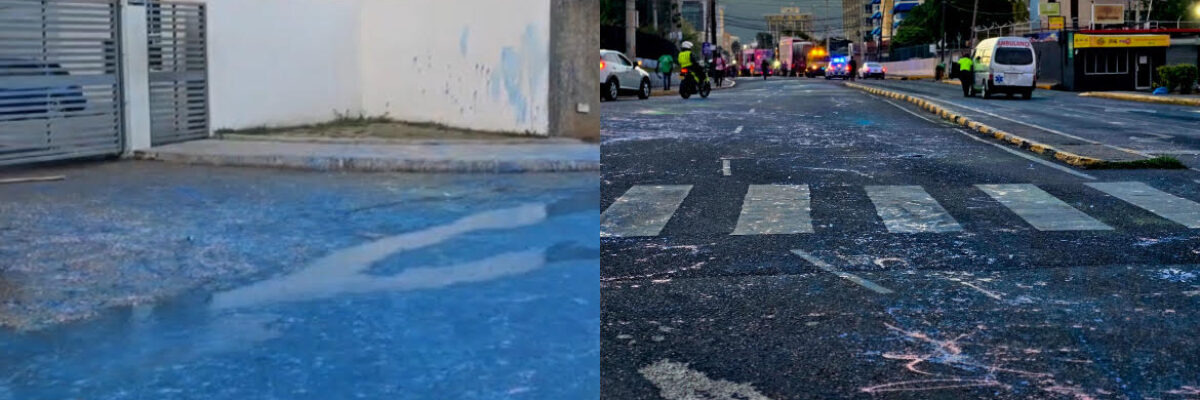Three People’s National Party (PNP) candidates in St. James who will be contesting the upcoming general election have filed a claim in court in relation to the removal of campaign posters.
The claim for Andre Haughton, Janice Allen and Allan Bernard was filed on Tuesday in the Supreme Court.
This in the wake of reports that the campaign posters were removed by the St. James Municipal Corporation.
The PNP said the claimants are seeking 6 orders, including having the court quash the decision of the municipal corporation to remove the posters.
Attorney-at-law Maurice McCurdy, who is representing the claimants, said the court is also being asked to bar the municipal corporation from interfering with the applicants’ political posters.
He said previous attempts to have the matter resolved amicably failed.










